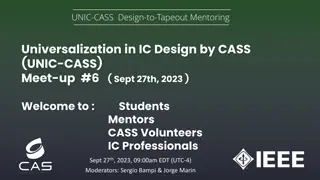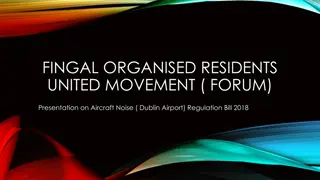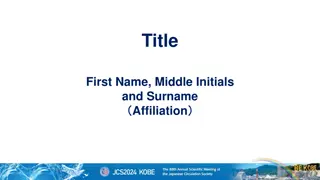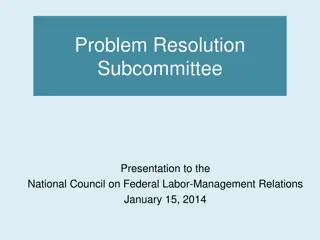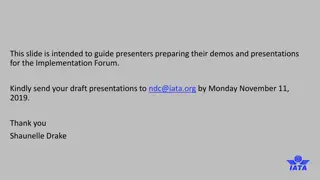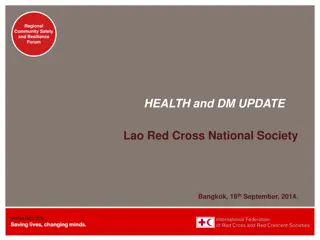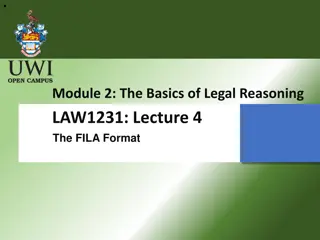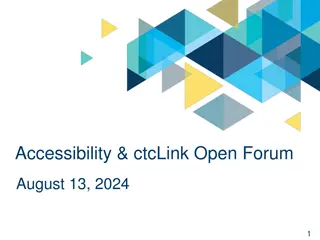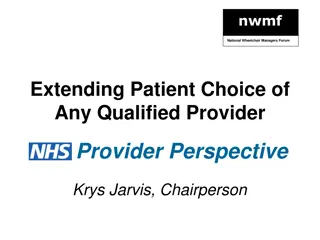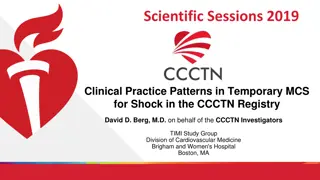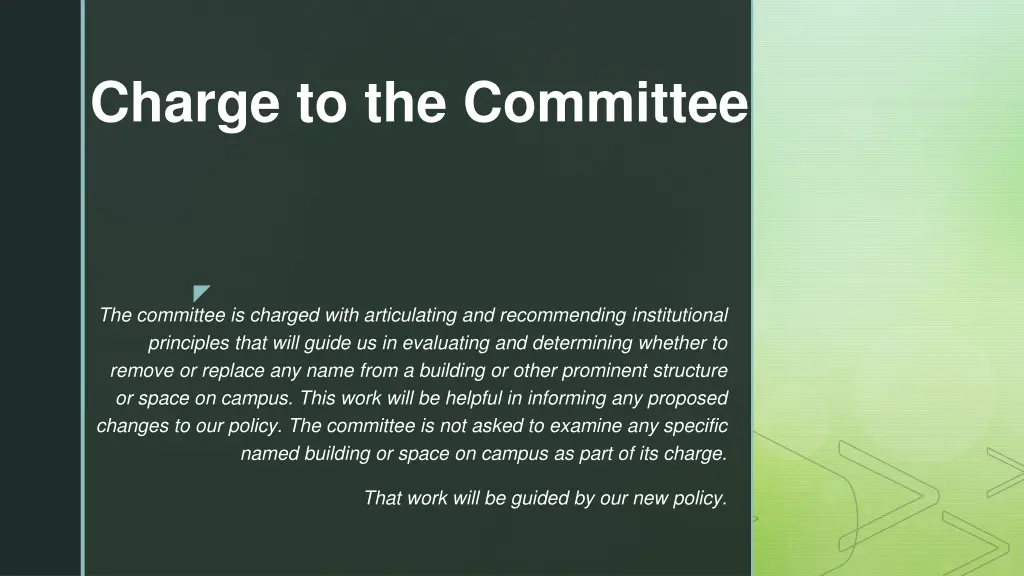
Puget Sound University Renaming Committee Process and Recommendations
The University of Puget Sound's Renaming Committee is tasked with articulating principles for evaluating and deciding on the removal or replacement of names on campus structures. The process involved community input, transparent discussions, and an acknowledgment of historical contexts. The recommended principles aim to address past harm and create a more inclusive campus environment. The journey of the committee, from its formation to submitting recommendations, reflects a commitment to openness and accountability.
Uploaded on | 0 Views
Download Presentation

Please find below an Image/Link to download the presentation.
The content on the website is provided AS IS for your information and personal use only. It may not be sold, licensed, or shared on other websites without obtaining consent from the author. If you encounter any issues during the download, it is possible that the publisher has removed the file from their server.
You are allowed to download the files provided on this website for personal or commercial use, subject to the condition that they are used lawfully. All files are the property of their respective owners.
The content on the website is provided AS IS for your information and personal use only. It may not be sold, licensed, or shared on other websites without obtaining consent from the author.
E N D
Presentation Transcript
Charge to the Committee The committee is charged with articulating and recommending institutional principles that will guide us in evaluating and determining whether to remove or replace any name from a building or other prominent structure or space on campus. This work will be helpful in informing any proposed changes to our policy. The committee is not asked to examine any specific named building or space on campus as part of its charge. That work will be guided by our new policy.
January 2020: Plans for the committee begin, pre-pandemic, to be led by Provost. Pandemic intervenes, temporarily delays and reroutes December 2020: Sara Freeman and Jane Carlin agree to co-chair the committee Jan 2021: initial planning by co-chairs as President seeks memberships for the committee February 2021: committee is formed, begins reading and initial conversations March 2021: Community forums and listening sessions April 2021: visits to the Faculty, Staff, and Student Senates; continued reading and deliberation Summer 2021: framing of principles and drafting of report September 2021: submit report to President Crawford October 2021: report goes to Board of Trustees
Process and Accountability This work took place in fraught national and local circumstances Input from the Puget Sound Community was vital to our work Campus Community members raised several key themes: Process should be transparent and educational We need to broaden the work of renaming by thinking of the university s various constituencies in relation to Tacoma Renaming can create a more welcoming campus We must embrace a culture of openness and reckon with our past The case of the Slater Museum is pressing on the minds of students, staff, and faculty
Context: National context of renaming: Institutions must examine and acknowledge the past Campus Forums shared information about local renaming efforts as well as addressed concerns about the Slater Museum of Natural History The Committee recognizes that the importance of facing and responding to an institution s past practices is a concern to students, staff and faculty as well as the broader neighboring communities
Recommended Principles Acknowledging an institutional legacy that includes harm to members of its communities, the University of Puget Sound engages in this work of renaming university buildings and spaces as an act of confronting its history, and, through this reflective work, committing to repair, redress and make meaningful change, guided by the following principles:
Trust Trust is paramount in renaming work undertaken on behalf of the university. Puget Sound seeks to enable and rebuild trust through transparency and accountability.
Openness Open inquiry and open resources are necessary to ensure an equitable and public review of building and space names. Access to university records and documents as well as transparent discussion of difficult histories are part of the practice of openness.
Inclusive Engagement The process for considering requests to rename buildings and spaces creates constructive, meaningful engagement and promotes tangible outcomes.
Reparation Reparation, as defined by the Committee, means attention to fixing damage, amending behavior, and addressing inequity or injustice. Practices of reparative justice ensure accountability and promote growth in processes of renaming.
Proactive Leadership Leadership embodies a commitment to recognize our past, a conviction to learn, and a willingness to act in transformative ways. It is better for the university to take the lead in visibly addressing complex historical legacies with proactive steps for the future than to wait and see or seek an overly careful path.
Framework for Implementing the Recommendations The Committee developed guiding questions to be applied to each principle. These questions will frame the use of the principles. Some examples: Is the legacy of a name at odds with the mission of the university? Are names used by the university ones that make those from historically marginalized or oppressed communities feel unwelcome and less a part of the community? Based on historical evidence, is there sufficient detail and clarity to make a sound and informed decision? Does a decision to change a name offer a significant opportunity for education and if so, what educational activities are proposed? If an honorific or commemorative name causes harm, provokes isolation, or is at odds with the university s values and the goals of equity, diversity and inclusion, what actions are proposed to address this in a timely manner?
Beyond our Charge To move from principle to action, the Committee has also included a policy recommendation with an outline of step-by-step processes for renaming requests to come forward and be evaluated. We urge the Cabinet and the Board of Trustees to take a proactive stance on reviewing current naming policies, existing named spaces as well as look broadly at ways spaces can be named in recognition of the land and community where the university resides. We also recommend a series of action steps to embrace including: Timely assessment of existing names and new names process Ongoing pedagogical and community building work
Beyond our Charge After listening to our community and applying the principles, the Committee felt compelled to address the Slater renaming issue directly. We worked closely with those stakeholders most closely associated with recent examinations of the legacy of the Slater name. After a review of an incoming request made by Grace Eberhardt 20 and her peer and faculty collaborators proposing renaming the Slater Museum, the Committee anticipates endorsement.
In Conclusion We believe our work provides a framework for fairness, justice and truth in renaming matters. We believe the principles represent the values of our university. We recommend adoption of a policy and process that can move from principle to action during the 2021-2022 academic year. Thank you for your support and engagement.




